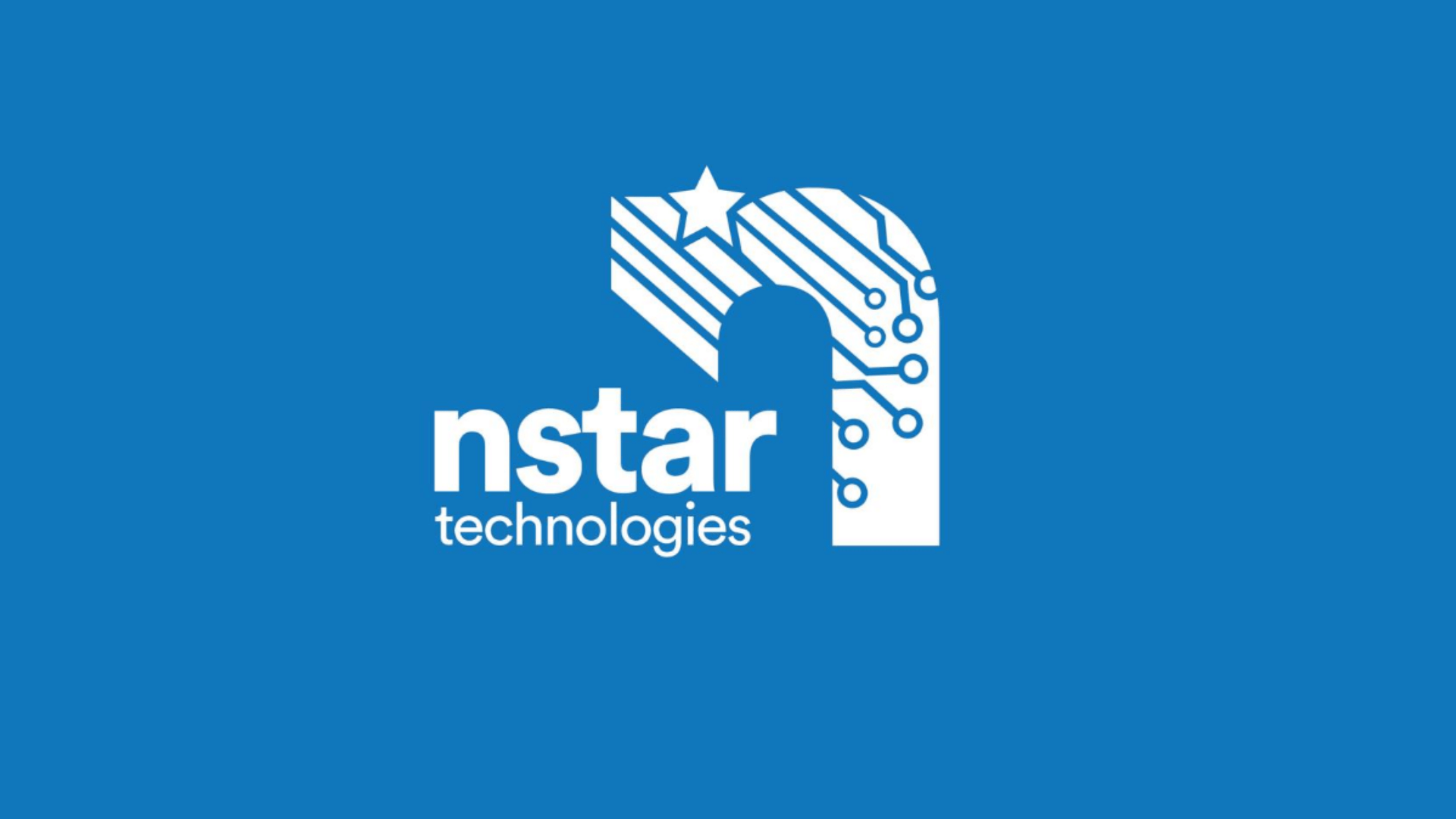5 Reasons To Learn SQL Database Administration

5 Reasons Why Learning SQL Database Administration is Crucial for Your Career Are you wondering what SQL Database Administration is and why it’s important to learn? SQL is the most widely used database management system, and it’s crucial for businesses to have professionals who know how to manage it effectively. In this post, we’ll discuss […]
Step-By-Step Guide For Your Job Application

Step-By-Step Guide For Your Job Application The job application process can be challenging and stressful, but it doesn’t have to be. By following these simple steps, you can ensure that your interview will go smoothly and lead to the offer letter of your dreams. target job application 1. Use a strong resume So you’ve just […]
